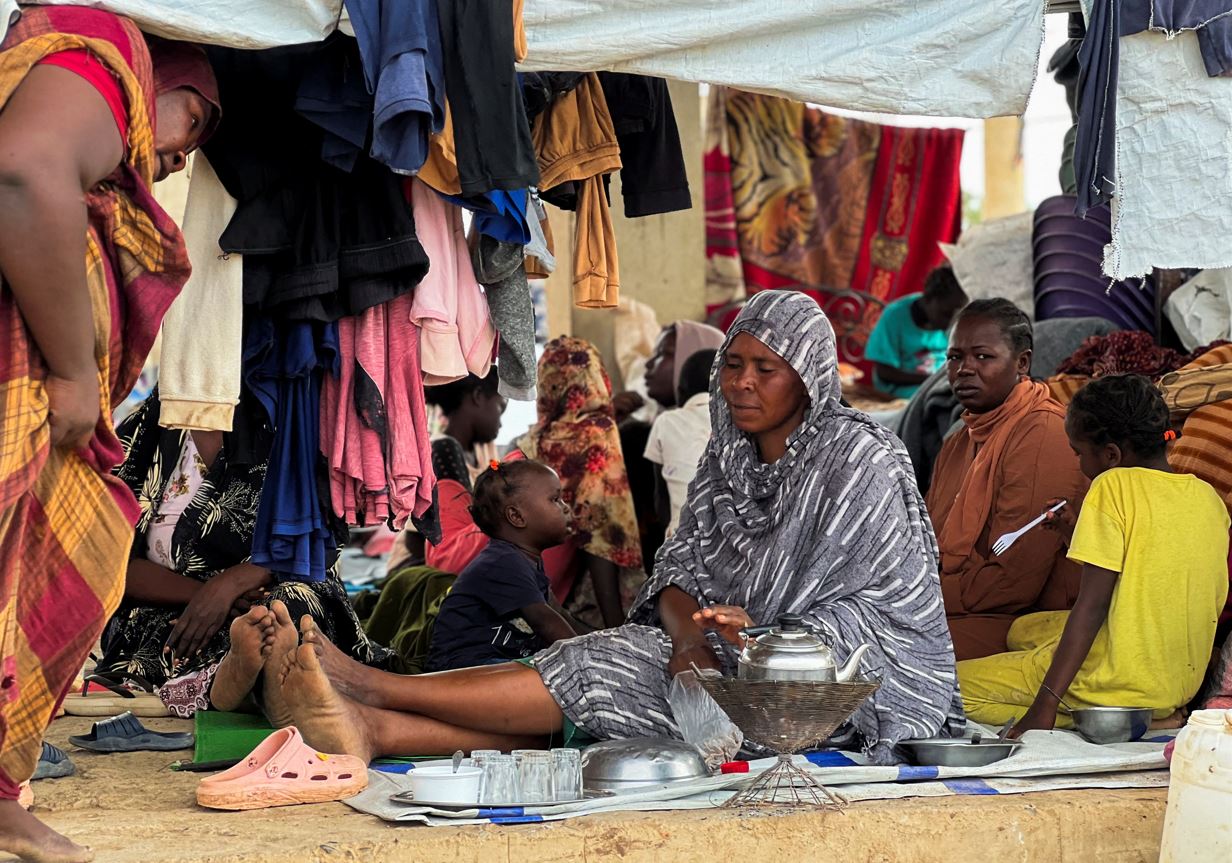Relief as UN trucks with aid food enter Sudan’s Darfur region

The World Food Programme (WFP) Executive Director, Cindy McCain, described the reopening of the Adre crossing as a crucial development.
More than 13,000 people in West Darfur, Sudan, who have been grappling with severe starvation due to prolonged famine, have received a glimmer of relief.
This was after trucks carrying humanitarian aid, including sorghum, pulses, oil, and rice, crossed the Adre border from Chad on Tuesday evening.
More To Read
- Sudan puts Russian Red Sea naval base plans on hold to focus on domestic crisis
- Sudan: Kordofan cannot become ‘another El Fasher,’ UN rights chief warns
- Sudan’s crisis deepens with communities trapped in ‘siege conditions’
- Somalia welcomes first group of Sudanese students under new scholarship programme
- ‘I have to talk about it' - rape and terror sparks mass migration in Sudan
- How to make sweet and savoury plantains at home
The World Food Programme (WFP) Executive Director, Cindy McCain, described the reopening of the Adre crossing as a crucial development.
"The re-opening of the Adre crossing is critical for the effort to prevent famine from spreading across Sudan, and it must now stay in use," she said.
WFP further indicated that those in the most urgent need will be prioritised during food distribution.
The WFP aims to assist around 500,000 displaced individuals in nearby camps using the reopened border. By the end of the year, the organisation seeks to avert hunger for approximately 8.2 million people.
It urged authorities to swiftly open additional routes to reach more people facing starvation, saying, "We urgently need to reach every corner of Sudan with food assistance, and this requires humanitarian corridors and all border crossings to be open so aid agencies can bring in supplies every single day. This is the only way to avoid widespread starvation."
The Adre border, used most effectively for delivering aid quickly, had been closed since February, forcing humanitarian organisations to rely on longer, more perilous routes controlled by militia groups.
The ongoing 15-month conflict in Sudan, marked by violence, displacement, and restricted access to aid, has exacerbated the famine crisis across the country.
Other Topics To Read
Top Stories Today













































